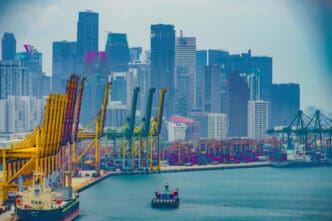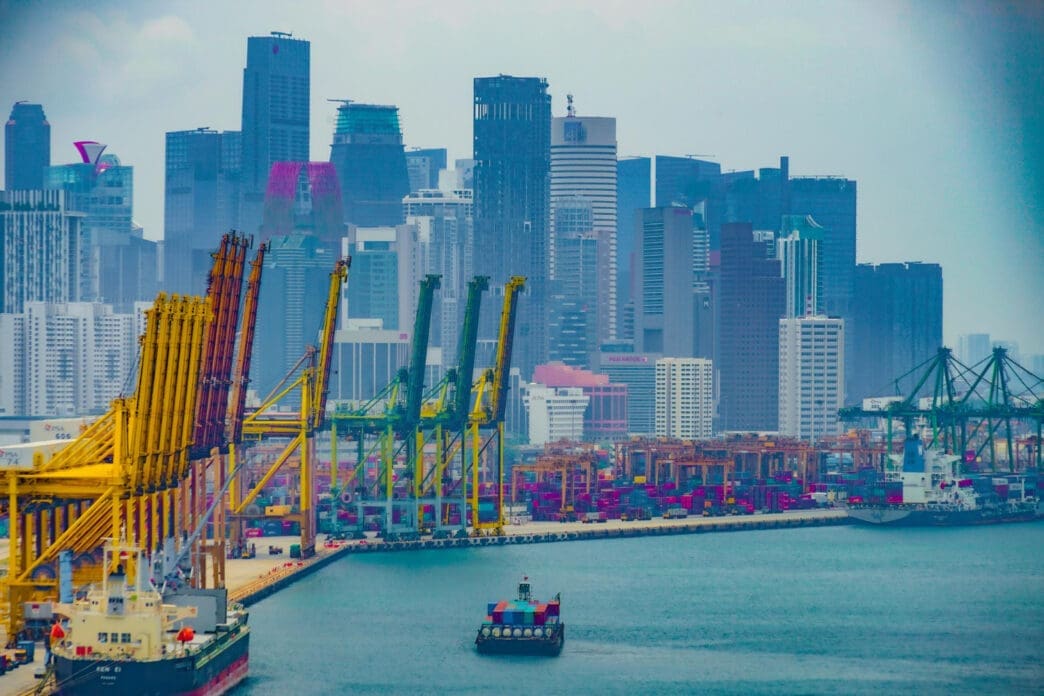Executive Summary
The Story So Far
Why This Matters
Who Thinks What?
White House trade adviser Peter Navarro stated on Thursday that he does not anticipate President Trump extending the deadline for imposing doubled tariffs on India beyond the upcoming week. The tariffs, set to take effect on August 27, include a 25 percent penalty specifically for India’s purchases of Russian oil, which President Trump argues contribute to Moscow’s war efforts in Ukraine, alongside an additional 25 percent for perceived trade imbalances.
Navarro, speaking to reporters at the White House, asserted that India “doesn’t appear to want to recognize its role in the bloodshed,” characterizing its reliance on Russian oil as a “refining profiteering scheme” rather than a necessity. He emphasized that while he holds a positive view of India and its leader, President Narendra Modi, the nation’s current actions are seen as perpetuating the conflict.
The trade adviser further clarified that India faces a total 50 percent tariff, comprising a 25 percent charge due to alleged trade imbalances and another 25 percent in response to its continued acquisition of Russian oil. This aligns with an earlier opinion piece Navarro authored in the Financial Times, where he described India’s dependence on Russian crude as “opportunistic and deeply corrosive of the world’s efforts to isolate Putin’s war economy.”
These impending tariffs come as President Trump is actively working to facilitate a bilateral meeting between Russian President Vladimir Putin and Ukrainian President Volodymyr Zelensky aimed at ending the ongoing conflict. Despite these diplomatic efforts, signals from Russia suggest a potential delay in reaching a deal on Ukraine, tempering the progress made during a recent White House summit where Trump met with seven European leaders and Zelensky.
In essence, the Trump administration appears poised to proceed with significant tariffs on India, driven by concerns over its trade practices and, notably, its continued purchases of Russian oil, which are viewed as undermining international efforts to pressure Moscow amidst the conflict in Ukraine.








